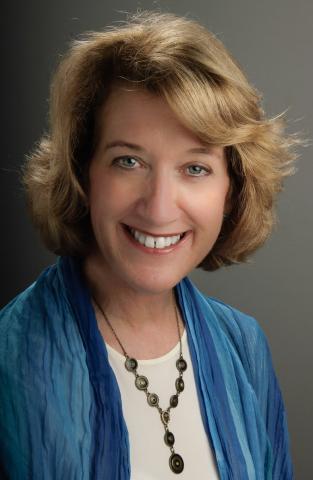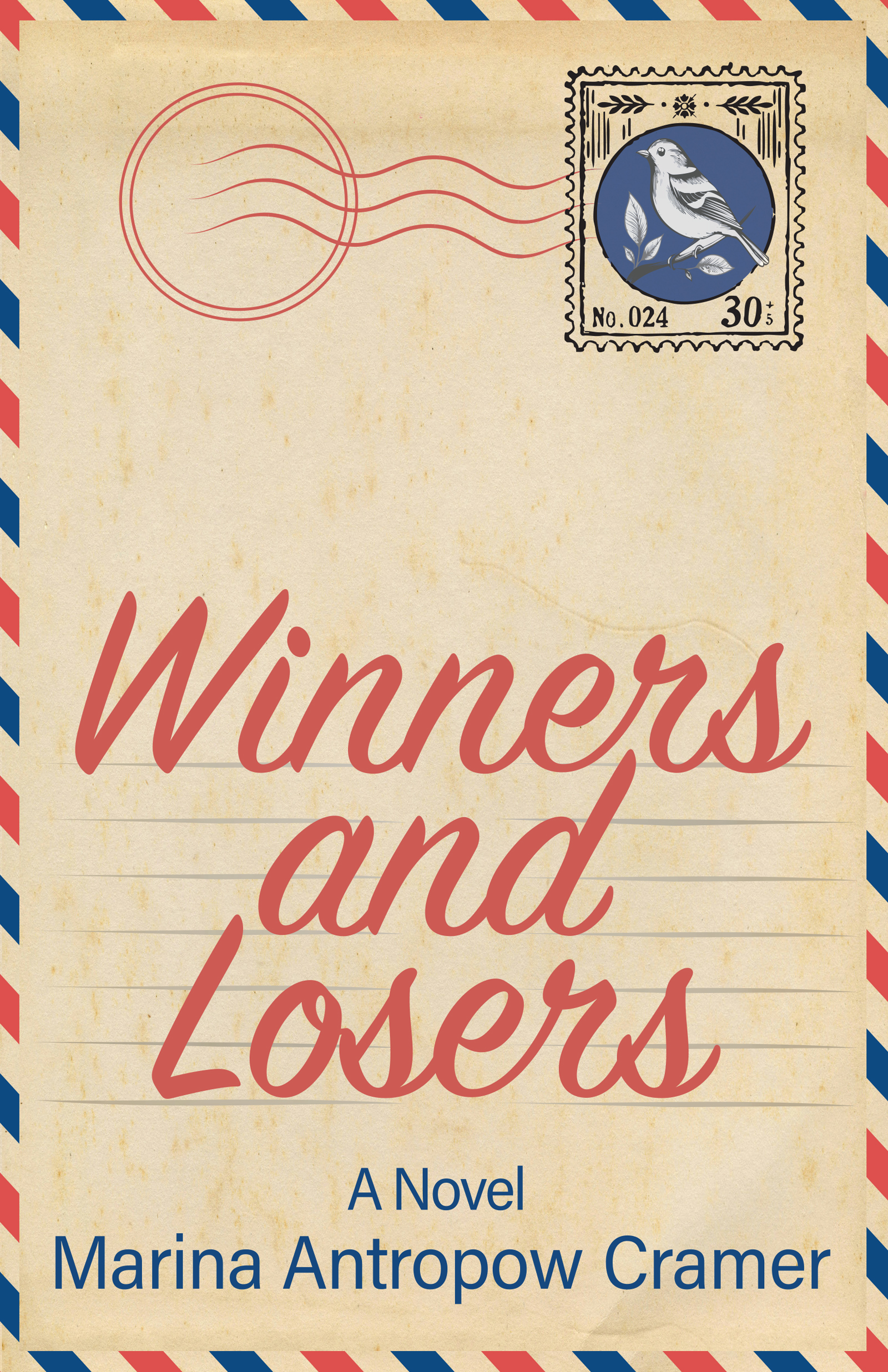Nancy Burke is the author of From the Abuelas’ Window and If I Could Paint the Moon Black and her newest release Only the Women are Burning. She earned her MFA in Creative Writing at Rutgers University, Newark in fiction with a concentration in dramatic writing. She is mother to three daughters and lives in Montclair, NJ, the community that inspired the setting for this book.
Q: How long did it take you to write Only the Women Are Burning?
A: I started this book very early, probably 20 years ago, with the central idea of women igniting into flames as they stepped through their usual routines. But, I put it away several times to work on other projects and to earn my MFA in Fiction. Workshops in the MFA program were more conducive to shorter work that could be critiqued by fellow students without having to explain the context of a novel for an excerpt or chapter. So, I set this aside to focus on short fiction. I picked up this project again in 2015 after my second book was published and started working in earnest.
Q: Where did the inspiration to Only the Women Are Burning come from?
A: The strange idea came to me while I was sitting under a tree at my swim club with my daughters off playing in the playground. I had my journal out and I just started writing…” the women began to spontaneously ignite, bodies bursting into miniature mountains of flame as they stepped through their normal suburban routines…” which kind of surprised me, so I just kept going.
Q: How did you come up with the idea of the god of agony and the god of fire?
A: I studied anthropology as an undergrad and during my first draft I was working at the Newark Museum where there is a fabulous Asian gallery. I used statues of these gods to explain Asian art from the Indian sub-continent to my visiting school groups. I did a lot of research to use in my tours/talks. The idea of the whole Hindu hierarchy of gods and their meaning to practitioners of that religion found its way into the story so I created this backstory of Cassandra’s experience studying traditional cultures in the modern world. The women in the community where she did her anthropological field work place statues of Shiva, the god of destruction, near their doorways, after the incident there, to ward off Cassandra’s influence. The god of fire, Agni, is represented in Indian wedding ceremonies. Symbolic meanings of all kinds of objects and personas across cultures is an underlying idea I wanted to express in this book.
Q: What does Only the Women Are Burning mean to you?
A: Only the Women are Burning as a statement suggests what I used in a line in the first chapter. Women’s sufferings are usually of the silent variety. This is a thought Cassandra has after she reads of three young Marines dying in the current war. I have a wide network of women friends and in conversation I’ve heard some of them joke about how they could just burst into flame because of this or that frustrating something or other in life. It has to do with a sense of having no outlet for expression of parts of ourselves even though we take on so many different roles in life.
Q: Are any of your characters based off real people you know (or knew)?
A: This is always a difficult question for writers because readers like to think main characters are somewhat autobiographical. In this case, Cassandra is much like me but she’s not TOTALLY me. Same with some of the other characters. They are derivative of certain characteristics I’ve observed in some real-life characters, many of which are exaggerated for the sake of storytelling.
Q: Who is your favorite character in Only the Women Are Burning?
A: That’s hard. I love all my characters. That is something Tayari Jones taught me in the MFA program. Treat your characters as though you love them, be sympathetic despite their flaws. There are negative impacts on the story’s success if you don’t do this. The narrator’s voice especially in first person, can seem judgmental if the author isn’t careful. But, to answer your question, I’d have to say Cassandra because she is so determined.
Q: Would you say that there is something paranormal going on in Only the Women Are Burning?
A: I didn’t think ‘paranormal’ about this book. I did think magic realism or fabulist fiction rather than ‘paranormal’ because there are no supernatural elements, just unexplained physical phenomena. But, the reader can interpret the burnings of the women any number of ways. That is what the nanny at the bus stop conveys in her conversation with Cassandra. She tells about what each woman she knows thinks about what’s happening. There are so many ways people can interpret such a thing.
Q: Would you like to make Only the Women Are Burning a movie?
A: Of course!
Q: Are you emotionally attached to any specific character in Only the Women Are Burning?
A: Emotionally attached? Well, I am attached to the sisters Lou and Grace. Also to Banhi, the young girl in India. Also to Pete. And to Cindy who is dead but was her best friend at one time. Well, I guess I am emotionally attached to all of them!
Q: Who would you like your main audience to be?
A: The main audience is definitely women readers, women who read and discuss in book groups, and they can be in any age group. There is a slippery slope woman slide down inch by inch in their roles as wives and mothers. Concede on this, concede on that, take on this because he can’t (husband), or because your children need something, or your sick parents need you. You get away from your own goals. I posted about this book on an online group for women. I mentioned that I always wanted to write books but that my life required so much else from me that this goal took a back seat for the longest time. Finally, in 1995, when I was 40, my father passed away and for some reason that was the year I started to write. I posted that because I have a ‘day-job’ which really is a career position, not just an hourly job, I get to work early, close my door, write for an hour before the work day starts. This yielded three books since 2005, published short stories, a prize-winning play and an MFA in 2011 (later in life). A woman responded to my post and said it made her cry. She said it inspired her to turn her attention to the creative project she had been wanting to do but didn’t for a very long time. That is what I want women to find in this book. Cassandra made choices away from her own life goals for some very good reasons. Ultimately in this story she finds her way back to those goals again, but not without pain. We all owe it to ourselves to do this, no matter what age or circumstances.

